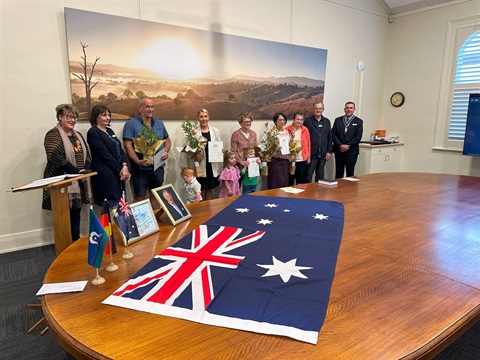Global tourism is at a crossroads as the Covid 19 virus, spread by mass travel, forces the industry to make choices on its future, according to a researcher from James Cook University.
Dr Irmgard Bauer, Adjunct Senior Lecturer at JCU’s College of Healthcare Sciences, said since the World Health Organisation declared COVID-19 a global pandemic in March 2020 the economic losses have been massive.
“All global regions experienced a decrease in international arrivals – in Europe and Africa by 85%, in Asia and the Pacific by 96%. In the US alone, the pandemic led to $645 billion in cumulative losses for the travel economy through March 2021,” said Dr Bauer.
She said to survive and to plan for a post-pandemic future the travel industry had to focus more than ever on the travelling public, employees and residents of tourism destinations.
She said global health directives protected travellers’ health but also raised expectations regarding cleanliness, hygiene, and infection control in restaurants, on transport and at destinations.
Dr Bauer examined how tourism academia explored changes in risk perception and travel intentions, interest in religious mass gatherings and cruises, and the use of technology to socially distance and avoid touch. Such insights benefit travellers who can then make appropriate and safe travel decisions.
“The question is how the pandemic has shaped our desire to travel, and what tourism will look like after the crisis,” said Dr Bauer.
She said two phenomena may support a change in direction, long asked for by tourism scholars and residents at destinations.
“First, lockdowns have modified many people’s worldviews, lifestyles, and previous behaviours. Mindfulness, ‘slowing-down’, a measured approach to consumption and a focus on ‘what is really important’ have gained prominence.
“Second, media reports of wildlife moving into seemingly abandoned suburbs, cleaner water in rivers and oceans, better air quality, less waste, and more peace and quiet at tourism destinations have shown what many consider to be a better world,” said Dr Bauer.
“Some say that tourism must recuperate the enormous losses and get back to normal as soon as possible.
Others suggest treating the pandemic as a chance to transform global tourism away from unsustainable and destructive growth towards mindful and equitable forms that prioritise quality over quantity,” said Dr Bauer.
She said this would take the form of slow nature-focused tourism, avoidance of mass-cruises and a greater consideration for host communities.
“This is far beyond the call for responsible tourism – i.e., having fewer damaging impacts – and requires a radical transformation towards a balanced, resilient, and just post-pandemic tourism.
“Unfortunately, while some locations may opt for a mindful change, it is highly likely that the focus remains on growth, which may prove even more unsustainable than before, and support the next pandemic,” said Dr Bauer.
Journal article available here.








